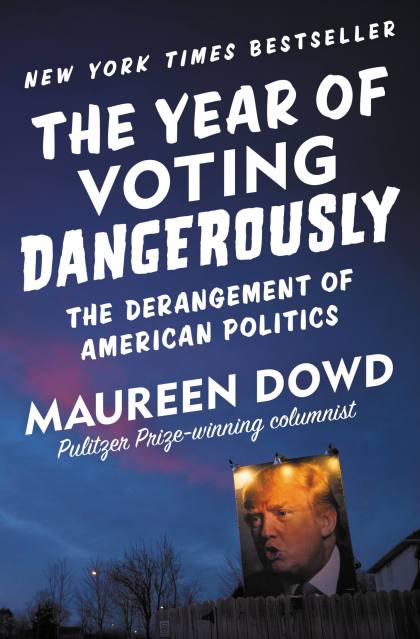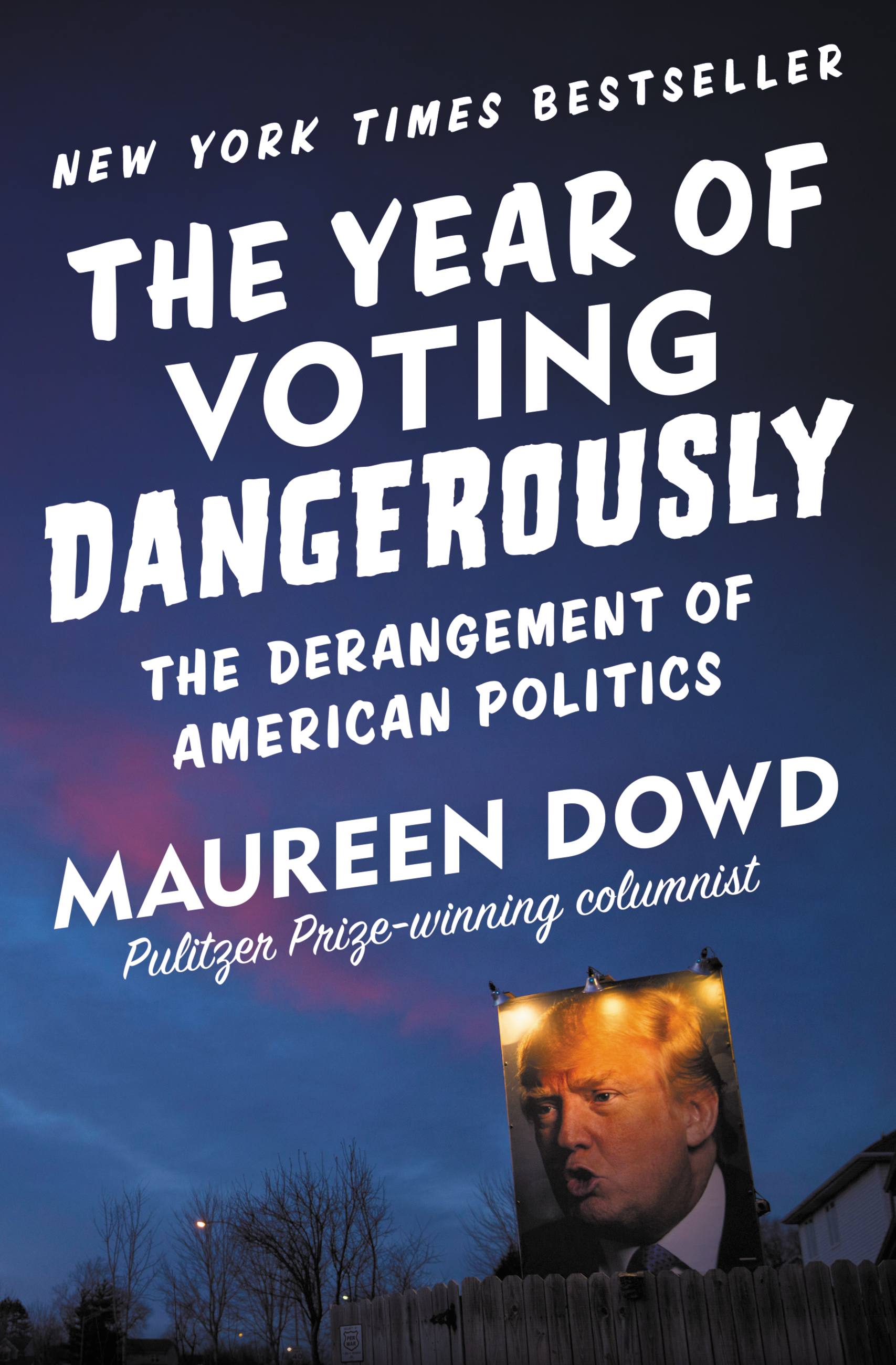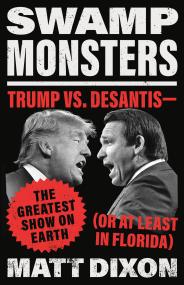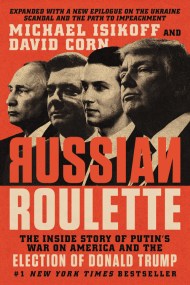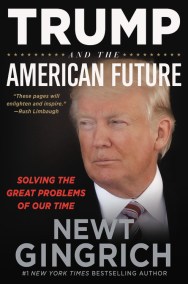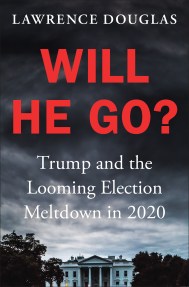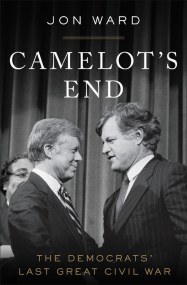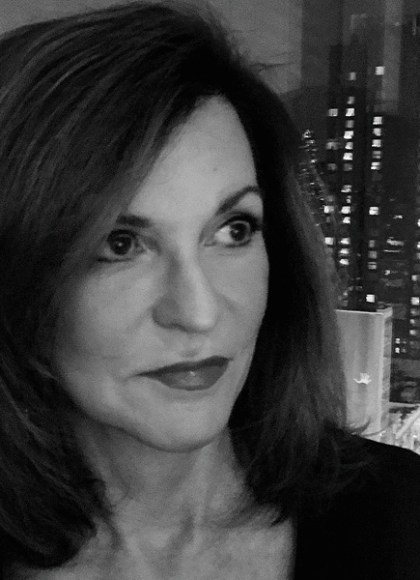Promotion
Use code MOM24 for 20% off site wide + free shipping over $45
The Year of Voting Dangerously
The Derangement of American Politics
Contributors
By Maureen Dowd
Formats and Prices
Price
$12.99Price
$16.99 CADFormat
Format:
- ebook $12.99 $16.99 CAD
- Audiobook Download (Unabridged)
- Trade Paperback $18.99 $24.99 CAD
This item is a preorder. Your payment method will be charged immediately, and the product is expected to ship on or around September 13, 2016. This date is subject to change due to shipping delays beyond our control.
Also available from:
Maureen Dowd’s incendiary takes and takedowns from 2016–the most bizarre, disruptive and divisive Presidential race in modern history.
Trapped between two candidates with the highest recorded unfavorables, Americans are plunged into The Year of Voting Dangerously. In this perilous and shocking campaign season, The New York Times columnist traces the psychologies and pathologies in one of the nastiest and most significant battles of the sexes ever.
Dowd has covered Donald Trump and Hillary Clinton since the ’90s. She was with the real estate mogul when he shyly approached his first Presidential rope line in 1999, and she won a Pulitzer prize that same year for her penetrating columns on the Clinton impeachment follies. Like her bestsellers, Bushworld and Are Men Necessary?, The Year of Voting Dangerously will feature Dowd’s trademark cocktail of wry humor and acerbic analysis in dispatches from the political madhouse. If America is on the escalator to hell, then The Year of Voting Dangerously is the perfect guide for this surreal, insane ride.
Trapped between two candidates with the highest recorded unfavorables, Americans are plunged into The Year of Voting Dangerously. In this perilous and shocking campaign season, The New York Times columnist traces the psychologies and pathologies in one of the nastiest and most significant battles of the sexes ever.
Dowd has covered Donald Trump and Hillary Clinton since the ’90s. She was with the real estate mogul when he shyly approached his first Presidential rope line in 1999, and she won a Pulitzer prize that same year for her penetrating columns on the Clinton impeachment follies. Like her bestsellers, Bushworld and Are Men Necessary?, The Year of Voting Dangerously will feature Dowd’s trademark cocktail of wry humor and acerbic analysis in dispatches from the political madhouse. If America is on the escalator to hell, then The Year of Voting Dangerously is the perfect guide for this surreal, insane ride.
Genre:
- On Sale
- Sep 13, 2016
- Page Count
- 464 pages
- Publisher
- Twelve
- ISBN-13
- 9781455539246
Newsletter Signup
By clicking ‘Sign Up,’ I acknowledge that I have read and agree to Hachette Book Group’s Privacy Policy and Terms of Use
